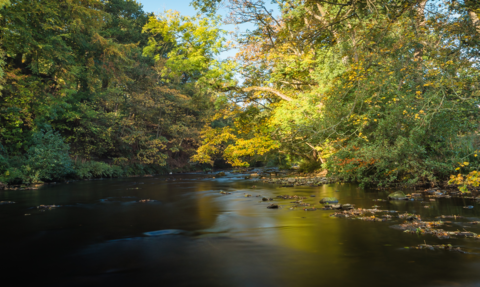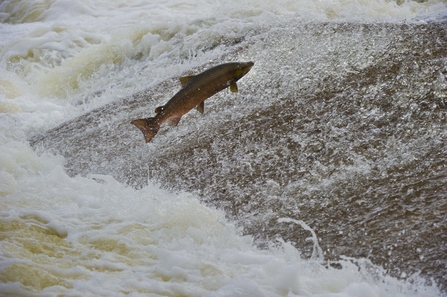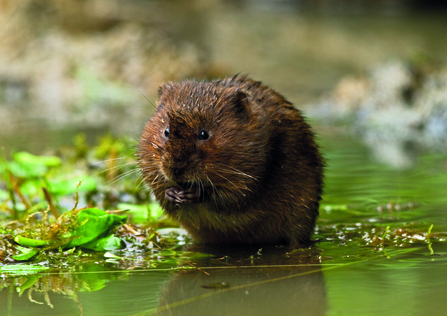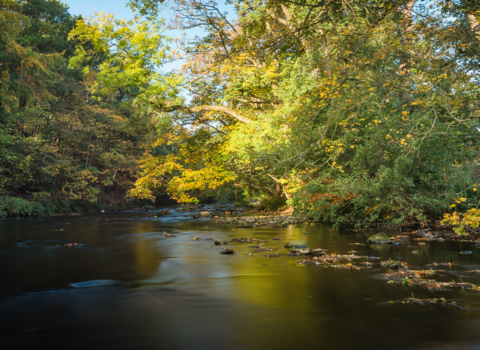
Support the Derwent Survival Plan
The Derwent catchment is one of the most important ecosystems in Derbyshire. Our actions have denatured and polluted this iconic river, destroying habitats and threatening species, we must act now before it is too late. White-clawed crayfish are at risk of extinction, otters are red listed, water voles are endangered, and Atlantic salmon are endangered in the UK.
We are committed to restoring the habitats these, and other, species need to survive. But we can’t do this alone; we need your donations so that together we can support nature's recovery across Derbyshire.
Donate today and receive a downloadable 'all about' guide on beavers, otters or hedgehogs, as well as the opportunity to join us on a guided nature walk:
Donate to the Derwent Survival Plan
How your donation helps protect the Derwent
Human actions are behind the chief threats to wildlife along the River Derwent. Here are some of the threats being faced, along with the actions we are planning or have already taken:
River Pollution
Planting reedbeds slows the water flow, creating habitats for birds like bitterns, and helps remove pollutants before water enters the Derwent.
Excessive Tree Removal
We’re working with landowners to promote riverside tree planting to restore shade, stabilise the riverbanks and create new habitats.
Obstacles and River Straightening
We’re re-meandering a tributary stretch of the Derwent – back to its pre industrial revolution course – to slow the flow and allow new habitats to develop.
The bypass of weirs allows Atlantic salmon to once again navigate deep inland to their ancient spawning grounds.
Who needs your help?
Atlantic Salmon

Atlantic Salmon leaping ©Rob Jordan/2020VISION
Atlantic salmon are back and breeding after an absence of hundreds of years, since we tackled obstacles to allow them to swim back to some of their ancient breeding grounds. But pollution, increased fluctuations in water levels and higher temperatures are new threats!
Water Voles

These small mammals work tirelessly to improve their waterside habitats, and their efforts also create
opportunities for other wetland species to thrive. But they are now endangered in the UK through habitat loss. Our habitat restoration programme will help water vole numbers recover and become re-established in different areas of the Derwent.
European Otter

Luke Massey
Derbyshire’s otters were almost wiped out due to persecution and pesticide use. Now protected by
UK law, and with improved water quality in the Derwent, otters have at last returned. They remain listed
as ‘endangered’, and need more habitats to breed and thrive.


